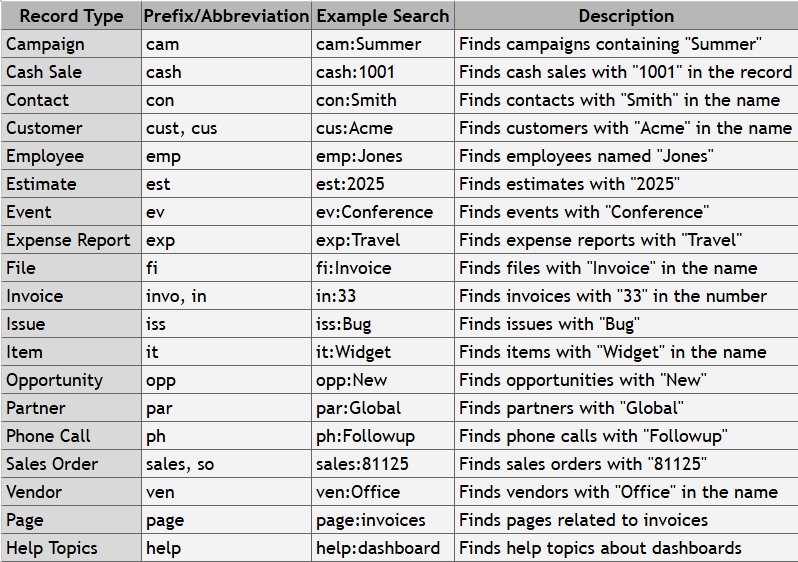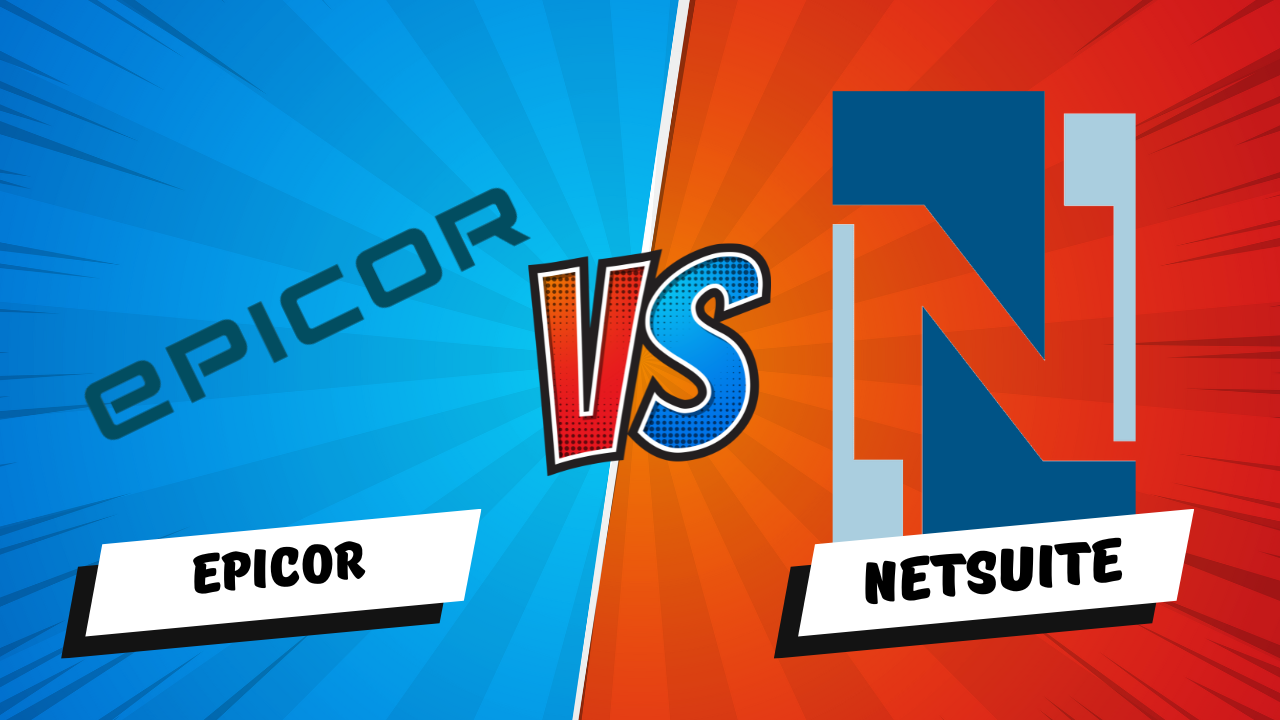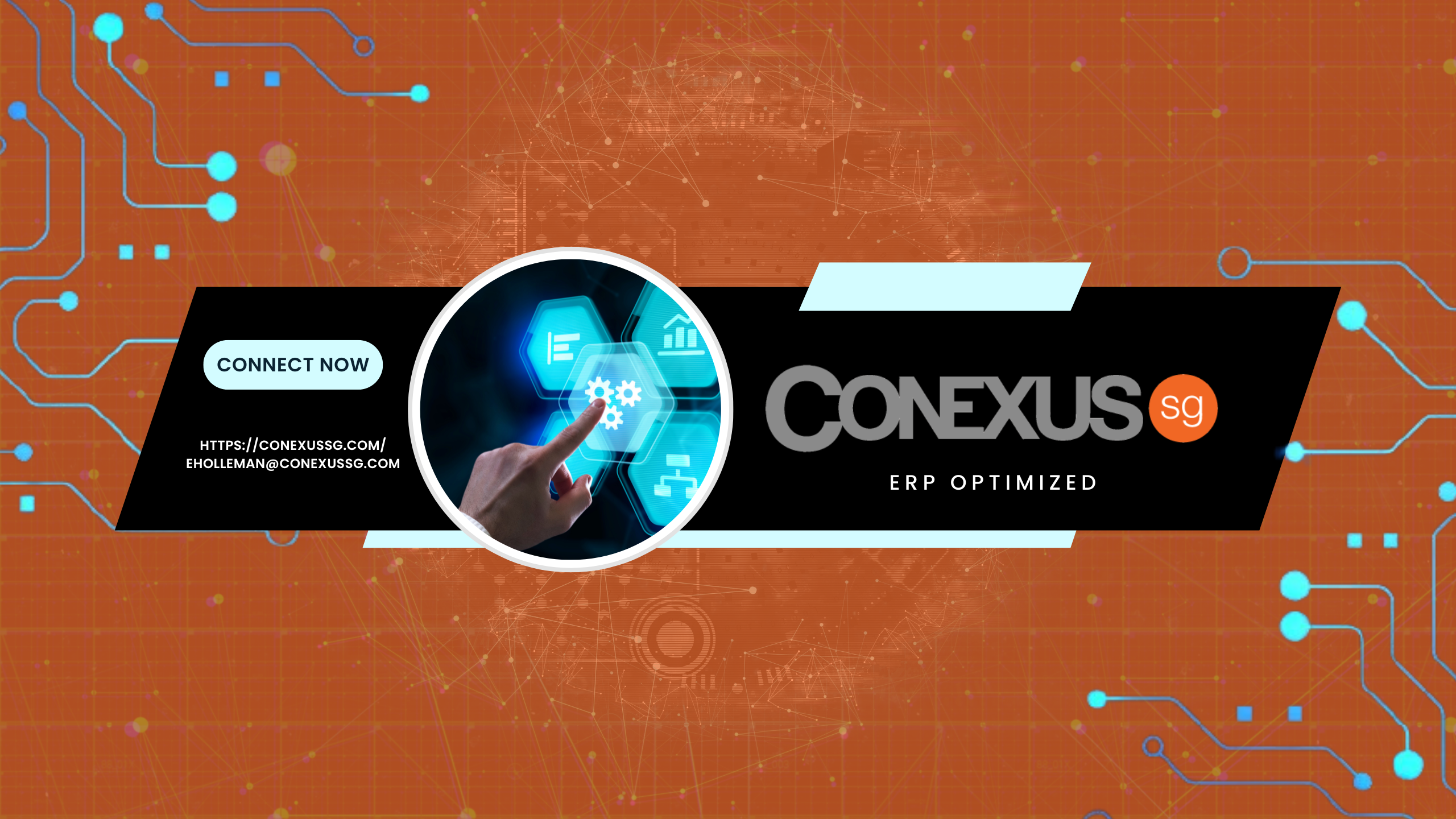1. ERP Systems are Too Expensive
There are many businesses that require and can afford an ERP system, but due to a misconception that it’s expensive, either postpone the decision or settle on a cheap and underperforming solution.
Although the costs can seem daunting, companies often recognize significant return by working with a partner that truly understands their business and can pinpoint areas for rapid ROI. High returns can be realized with the increased efficiency and insights an ERP system provides combined with a reduction of overhead hours in many departments.
While many budget-friendly ERP systems exist, if they under-serve employees, they will lead to wasted hours, poor performance, and will create a competitive disadvantage. The long term costs will outweigh any initial savings. Budget for an ERP system and understand the long term benefits can easily outweigh the expense.
2. Choosing an ERP Platform Should be Based on Costs Alone
The Chief Financial Officer should not be the only individual involved in the decision; implementing ERP could be the most important technology decision your business will ever make. The repercussions of choosing an ERP system based on cost alone will lead to poor adoption.
Involve all ERP stakeholders, especially your employees who will be required to adopt the system, and rely on it every day. Too many companies keep an ERP decision to the C-Suite and use cost as the single deciding factor.
3. Custom ERP Systems Are Better
While it’s a heated topic in software, building custom ERP solutions typically leads to a higher cost and more pain down the road. Though you are likely to have several extremely talented ‘IT gurus’, what happens when these gurus leave, taking the source code, or simply the working knowledge of the system, with them?
Building a custom ERP system will rarely compete with the support and robust product roadmaps of companies like Microsoft. These companies are annually investing billions in continual improvements, and they still offer software customization.
4. Implementation Can Be Handled Internally
Implementing an ERP system is no easy task. Your IT department is unlikely to have the necessary certifications or experience. Working with an ERP platform certified partner guarantees the partner maintains certified consultants, the company meets revenue requirements, which indicates experience, and a number of implementations.
Even if you had an internal team qualified to implement an ERP system, do they have the hours to perform their regular job in addition to the implementation? Can they afford the burnout of working overtime and weekends for the months it takes to implement an ERP system? Hire an experienced ERP consulting partner, and your IT department will thank you.
5. Buy Too Much, Too Soon
It’s a common mistake in ERP implementations for companies to buy too much, too soon. Often, this can’t be avoided in SAP or Oracle implementations, as multiple software packages are bundled. This functionality is rarely needed or even used. This also drives up the cost of both implementation and annual maintenance.
Instead, flexibility should be a central requirement in your ERP decision. Look at systems that are flexible, offer multiple integrations with your existing software, and can be implemented gradually. It’s far easier to implement ERP in stages, and reduce the number of stakeholders and departments.



